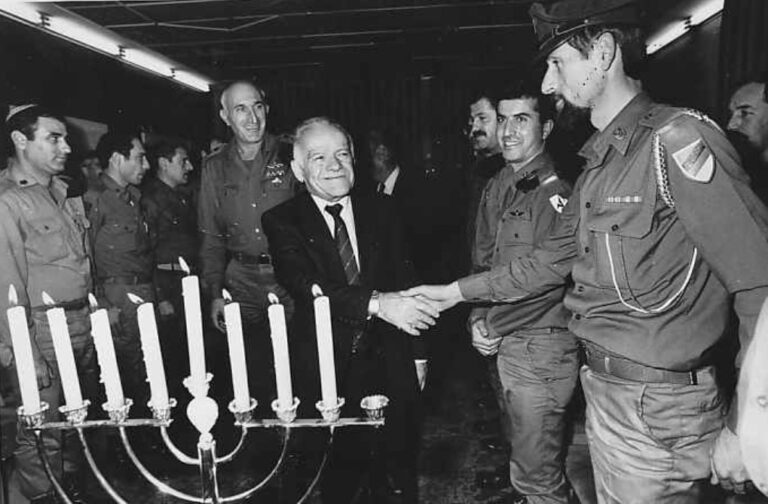In this essay, I argue that the rhetoric behind “not in my name” actually mobilizes the same gesture as the popular Zionist move to innocence. While anti-Zionist Jews preface our solidarity with Palestine through an account of our own experience with suffering and persecution, so too does the Zionist Jew put that same suffering to use, albeit to opposite means. In other words, there is a fine line between the rhetorical purpose of anti-Zionists’ saying that genocide is not a Jewish value and Zionists’ using this same rhetoric to label Israeli violence as self-defense and not genocide. In fact, it is not a stretch to suggest that anti-Zionism’s re-emphasis on Jewish values as the means by which we validate Palestinian struggle is not a stand against Jewish supremacy but rather an appeal for it.
Articles by Emma Kauffman
Emma Kauffman is a PhD candidate in political science at York University. Her research looks at our metacommitments to freedom in articulations of social and political struggle, particularly those that are simultaneously invested in critiquing freedom as a tool of colonial racial capitalism. Her dissertation asks: What accounts for freedom’s persistence as a concept of social transformation? Moreover, might there be a way to meaningfully think critique beyond freedom? In pursuit of these questions, her project highlights how contemporary political theories of freedom, regardless of whether they emerge from a critique of freedom’s relationship with domination, allow the concept itself to remain outside of critique.
